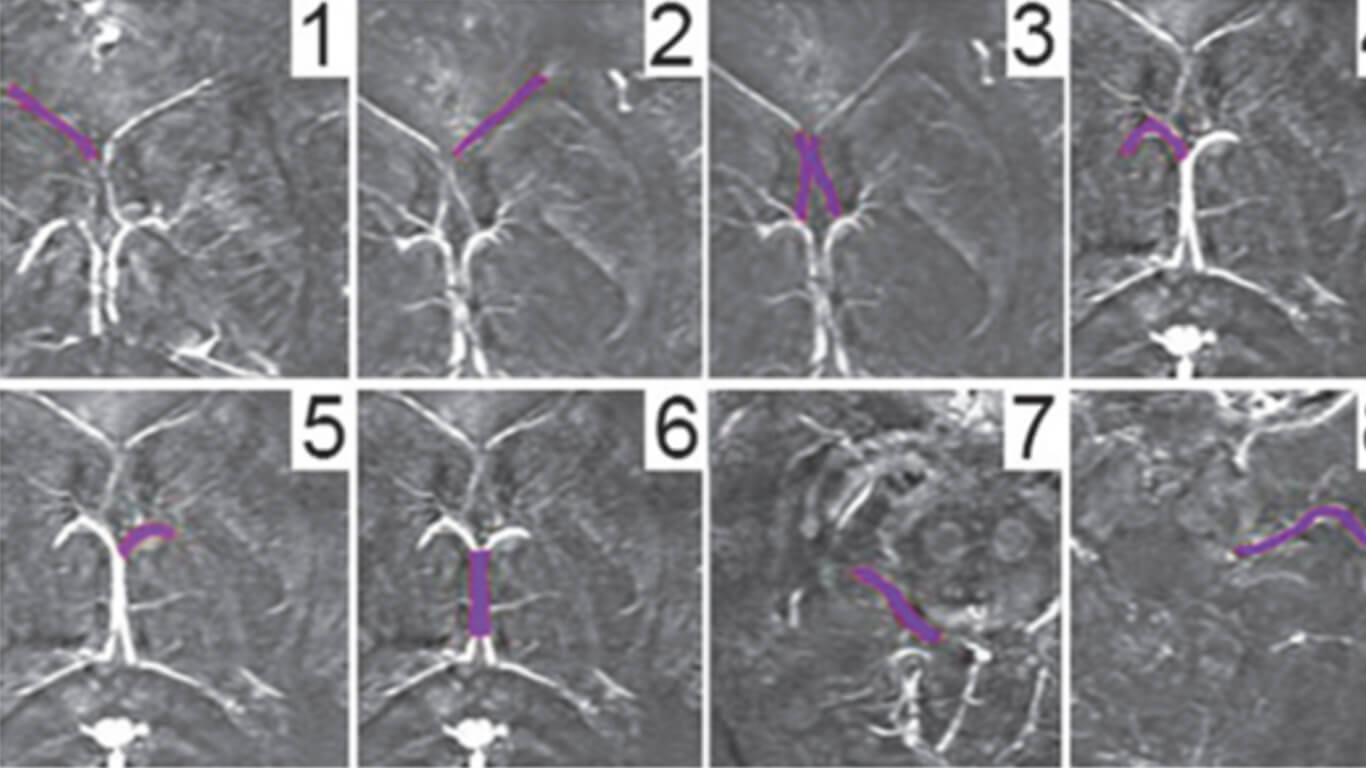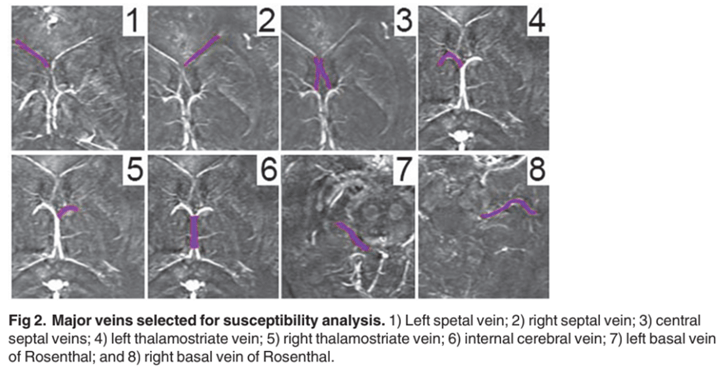
Cerebral Hemodynamic Changes of Mild Traumatic Brain Injury at the Acute Stage
By: Karen Holzberger, President & CEO of SpinTech MRI
Author(s): Hardik Doshi1 , Natalie Wiseman2 , Jun Liu1,3, Wentao Wang4 , Robert D. Welch5 , Brian J. O’Neil5 , Conor Zuk6 , Xiao Wang1,6,7, Valerie Mika1,5, Jerzy P. Szaflarski8 , E. Mark Haacke1,6, Zhifeng Kou1,2,6*
Journal: PLOS ONE
Published: 2015
Read Full Paper: https://journals.plos.org/plosone/article?id=10.1371/journal.pone.0118061
Abstract

Mild traumatic brain injury (mTBI) is a significant public health care burden in the United States. However, we lack a detailed understanding of the pathophysiology following mTBI and its relation to symptoms and recovery. With advanced magnetic resonance imaging (MRI), we can investigate brain perfusion and oxygenation in regions known to be implicated in symptoms, including cortical gray matter and subcortical structures.
Method
In this study, we assessed 14 mTBI patients and 18 controls with susceptibility weighted imaging and mapping (SWIM) for blood oxygenation quantification. In addition to SWIM, 7 patients and 12 controls had cerebral perfusion measured with arterial spin labeling (ASL).
Results
We found increases in regional cerebral blood flow (CBF) in the left striatum, and in frontal and occipital lobes in patients as compared to controls (p = 0.01, 0.03, 0.03 respectively). We also found decreases in venous susceptibility, indicating increases in venous oxygenation, in the left thalamostriate vein and right basal vein of Rosenthal (p = 0.04 in both). mTBI patients had significantly lower delayed recall scores on the standardized assessment of concussion, but neither susceptibility nor CBF measures were found to correlate with symptoms as assessed by neuropsychological testing.
Conclusions
The increased CBF combined with increased venous oxygenation suggests an increase in cerebral blood flow that exceeds the oxygen demand of the tissue, in contrast to the regional hypoxia seen in more severe TBI. This may represent a neuroprotective response following mTBI, which warrants further investigation.

